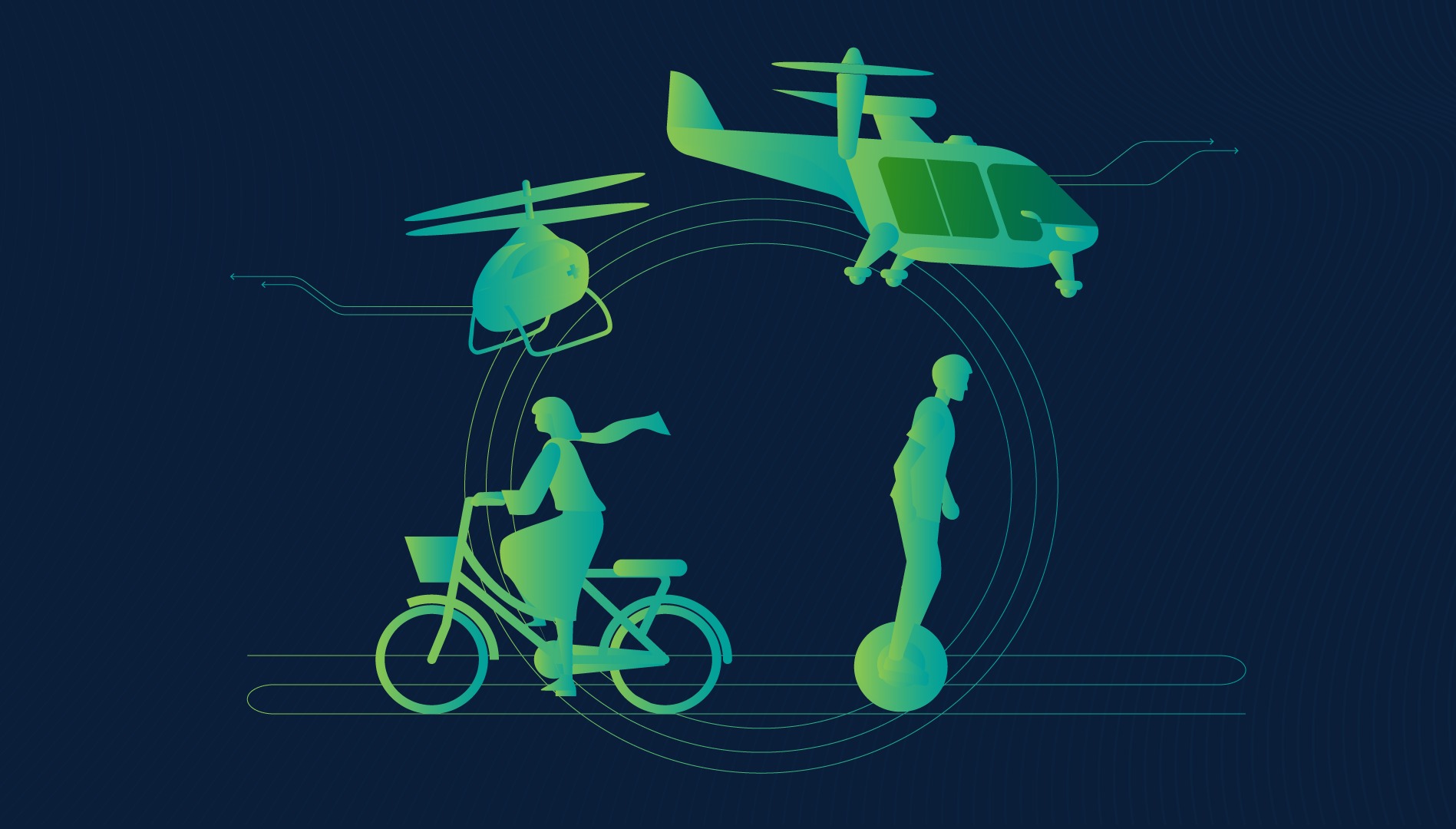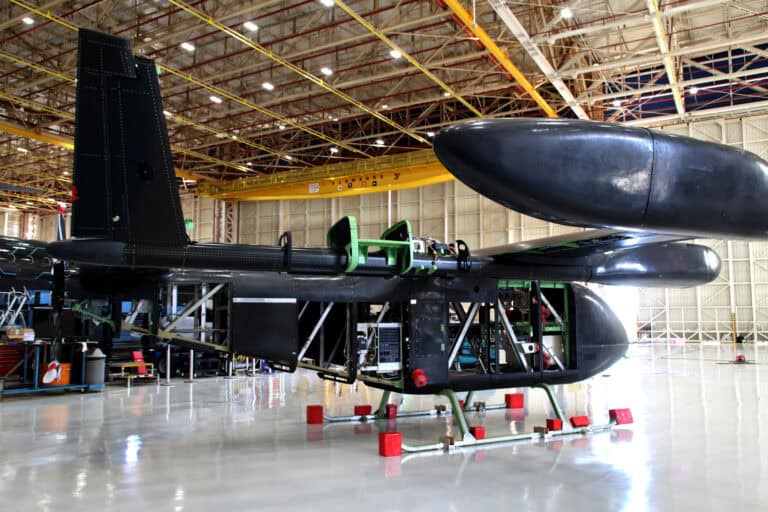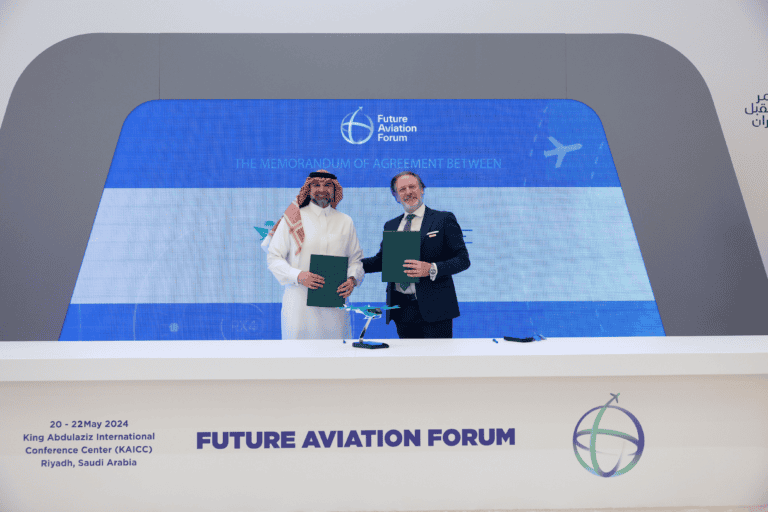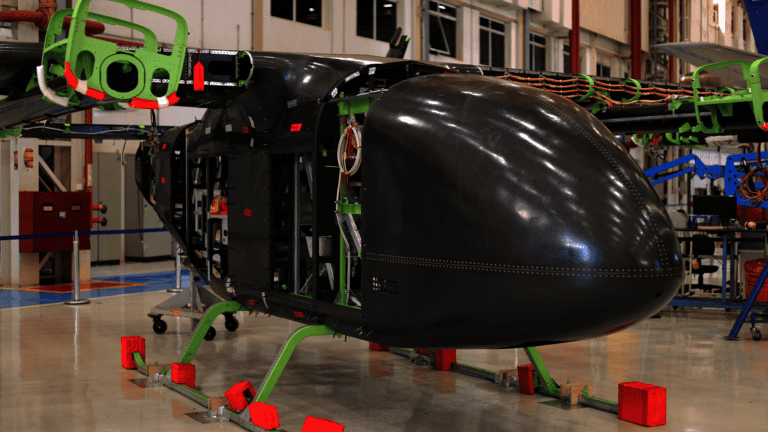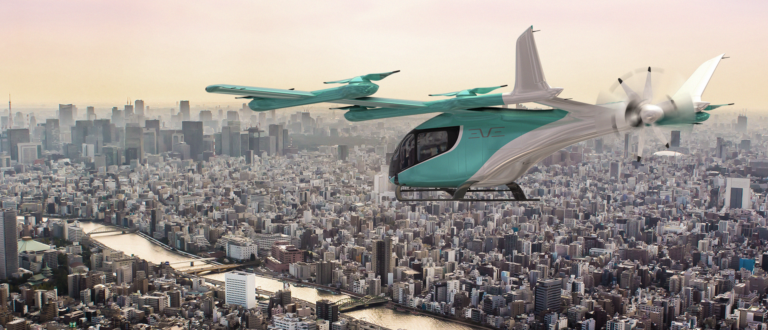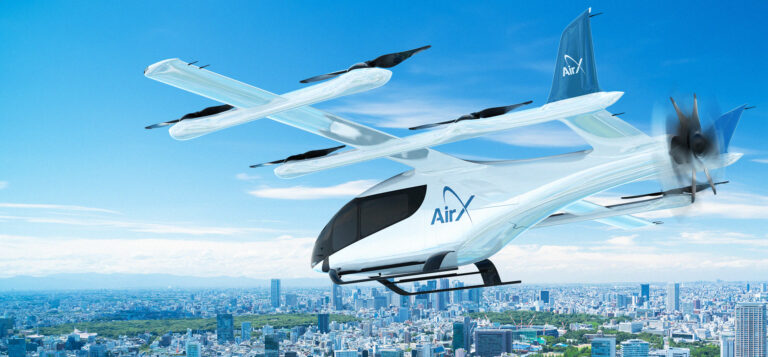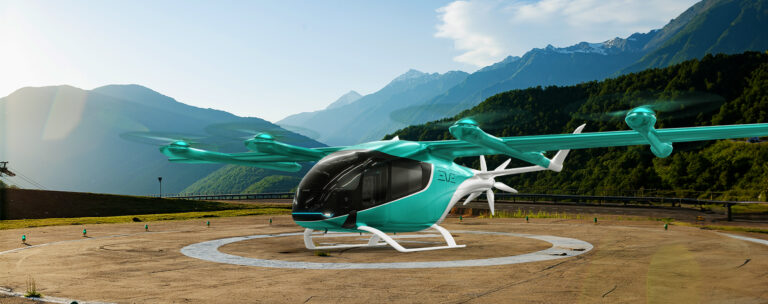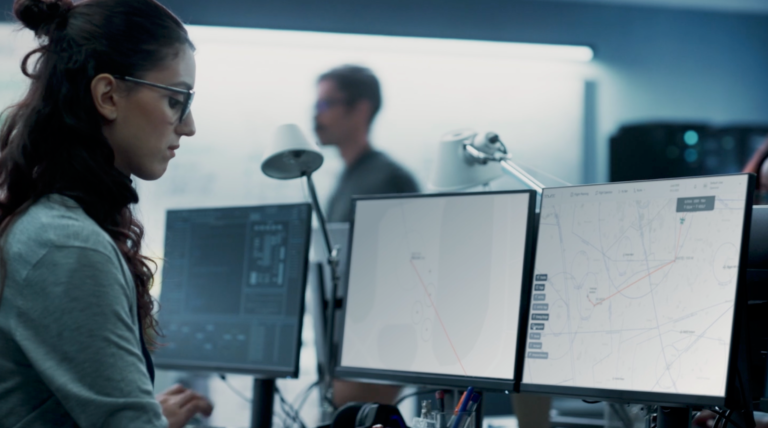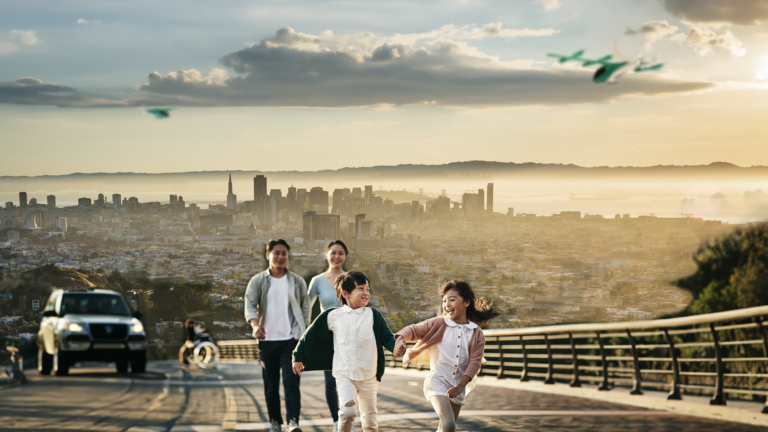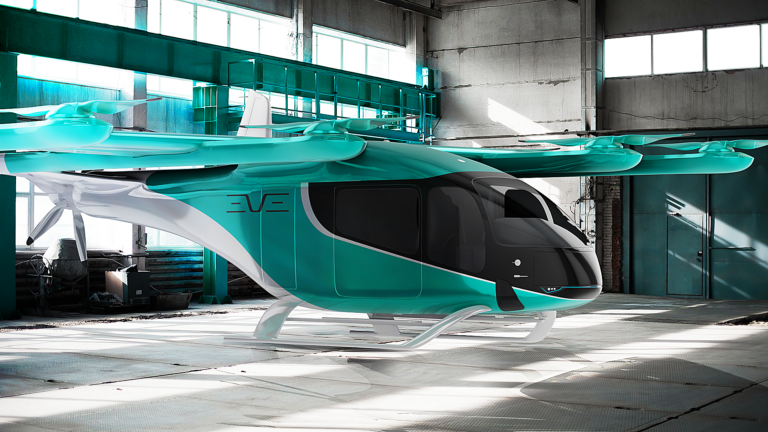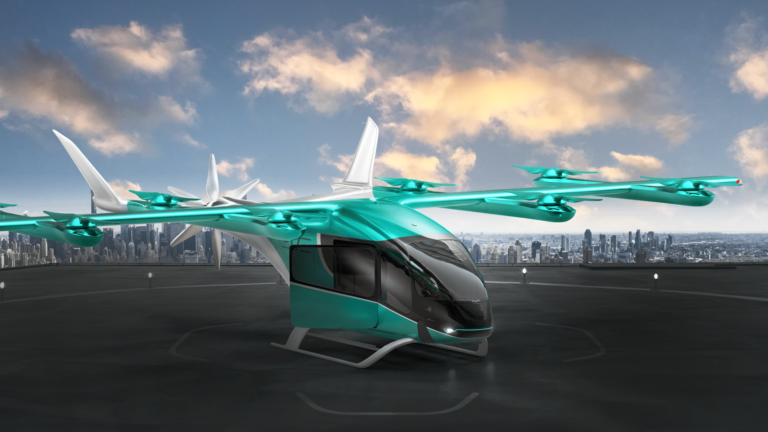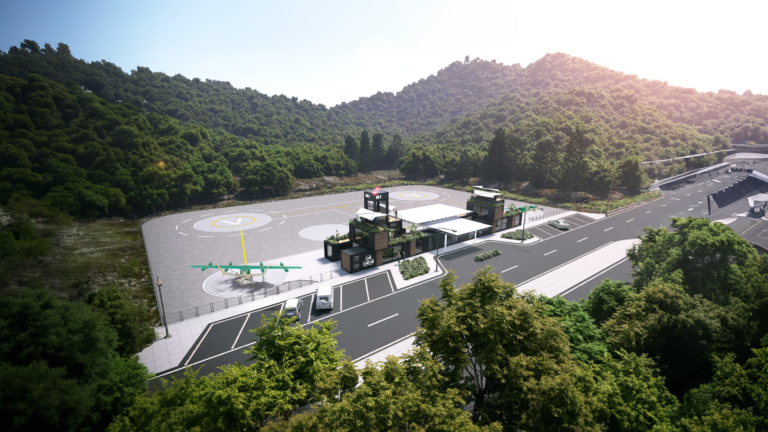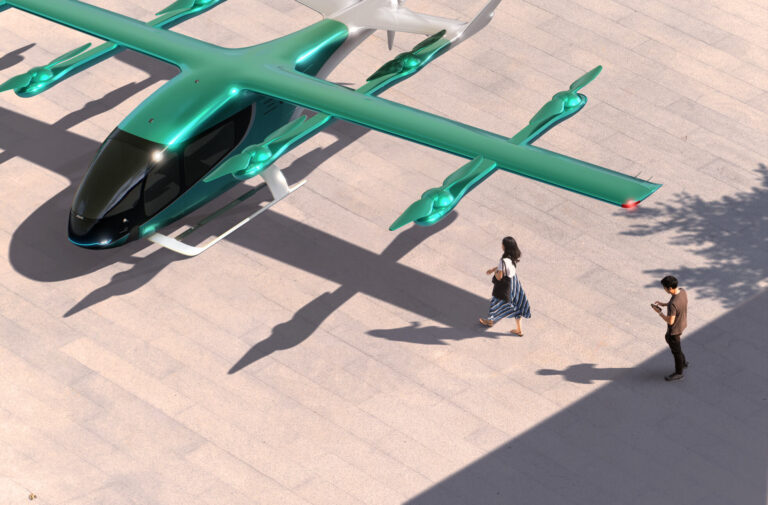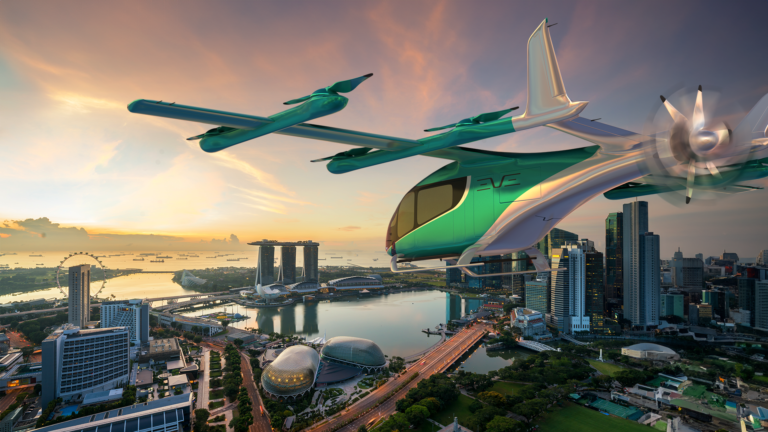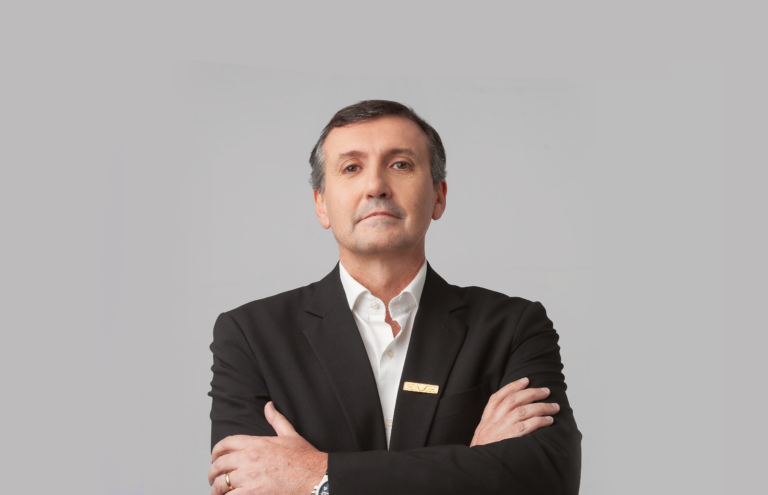People are on the move every day. Traveling is fundamental to people. However, mobility has consequences: cities can be noisy, crowded, and smog-prone. However, in relatively few places, the reality of what is available matches society’s aspirations for safe, clean, reliable, and inexpensive ways to get from A to B – and back. Environmentally friendly and efficient mobility is, therefore, one of the greatest tasks of the future.
Throughout the last two years, TU Delft has been designing and prototyping explorations around the Future of Mobility. Bringing together experienced professionals from the industry with enthusiastic researchers in engineering, design, and sustainability.
The goal of this framework was to study new mobility conceptual solutions linked to an integrated perspective of future mobility in 2040, focused on sustainable economy and social change.
What mobility will look like in the future and how mobility affects people’s lives and our planet? Let’s look for solutions to get rid of congestion. Let’s design to deliberately improve the quality of life. Think of solutions together with users and stakeholders. We shall find a balance with what is already available and take the best of technologies to design solutions that will bring value to people and to our planet.
Mobility is expected to change radically from product-centered to service-oriented. The concept of one-vehicle ownership may lose ground to the concept of shared mobility. There may be new environmental, unexplored security, and privacy laws and regulations related to new types of mobility. There is also a lack of information between our actions and our environmental impact. The main aim of the TU Delft research is primarily to propose a new way to tackle the problem of mobility and inspire the introduction of sustainable mobility solutions that can also improve people’s quality of life.
Read the full study to know more!



